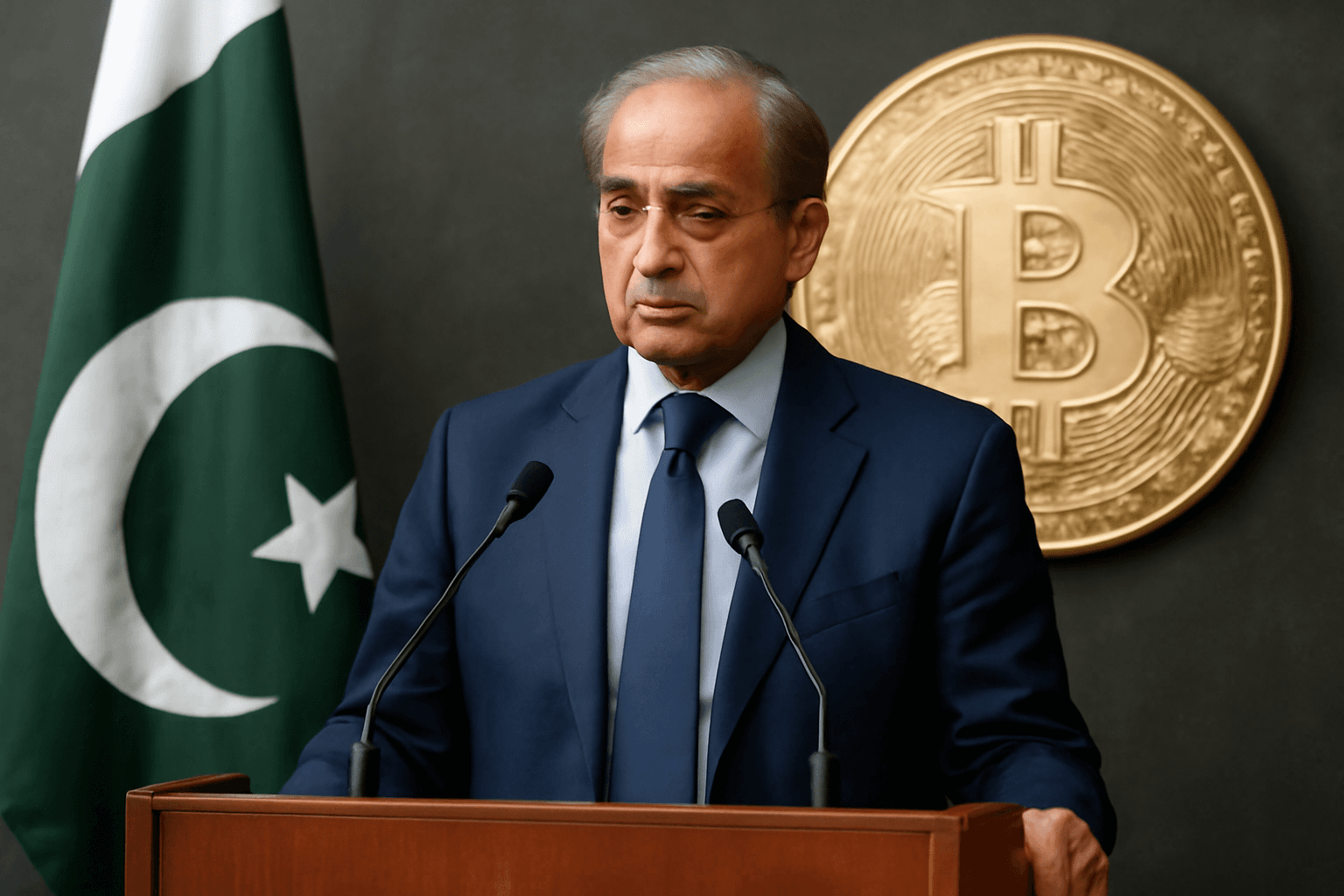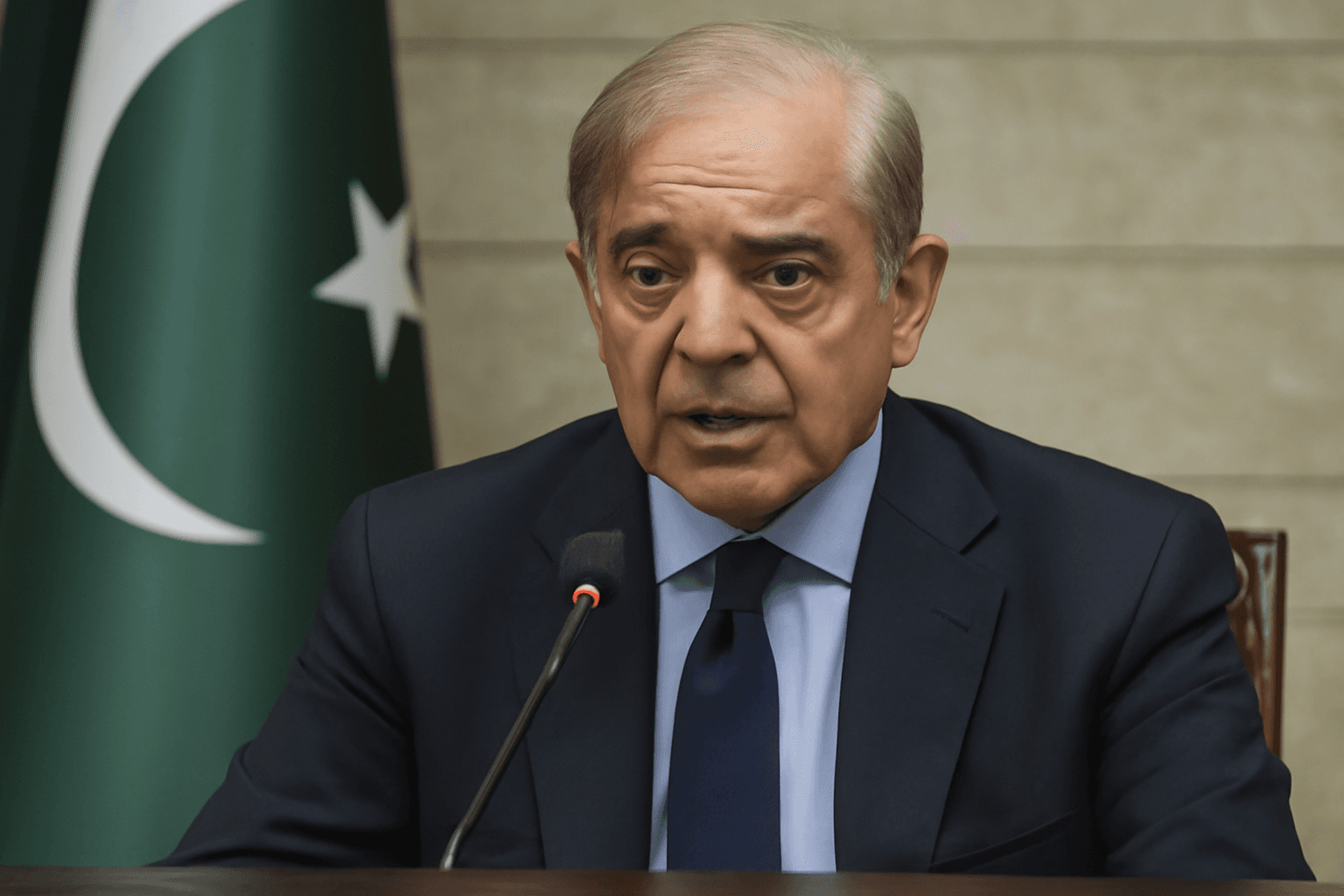Pakistan has announced the establishment of a Strategic Bitcoin Reserve, marking a significant advancement in its approach towards digital finance and cryptocurrency. However, this move highlights several ironies and challenges faced by the country, including ongoing energy shortages and financial regulatory issues.
Electricity Allocation for Crypto Mining Amid Power Outages
In major Pakistani cities, residents continue to suffer from severe electricity blackouts, sometimes lasting over 12 hours daily. Despite these hardships, the government has allocated approximately 2,000 megawatts of surplus electricity to support bitcoin mining operations and artificial intelligence (AI) data centers.
This decision underscores a paradox within the nation’s energy landscape. Although Pakistan’s electricity generation capacity has expanded to around 42,131 MW as of March 2024—largely driven by coal, solar, and hydro projects financed under the China–Pakistan Economic Corridor (CPEC)—the country struggles with transmission inefficiencies and distribution challenges. A circular debt exceeding $10 billion further impairs the energy sector, restricting upgrades and maintenance essential to preventing outages.
FATF Compliance and Regulatory Challenges
Pakistan’s crypto initiative arises amidst ongoing scrutiny by the Financial Action Task Force (FATF). The nation has oscillated on and off FATF’s grey list since 2008 due to persistent shortfalls in countering money laundering and terrorist financing. Although Pakistan was removed from the grey list in October 2022 after notable improvements, regulatory reforms remain critical.
The government now aims to introduce a comprehensive regulatory framework that complies with FATF standards for digital assets. However, given the opaque nature of cryptocurrencies and Pakistan’s historical challenges with financial transparency, experts express concerns that digital currencies could complicate the government’s anti-financial crime efforts.
Strategic Bitcoin Reserve: Innovation or Risk?
Led by Bilal Bin Saqib, Special Assistant to the Prime Minister on Crypto and Blockchain, the Strategic Bitcoin Reserve is designed to hold state-owned digital assets, signaling Pakistan’s willingness to embrace decentralized finance. However, the move carries inherent risks. The lack of transparency in cryptocurrency transactions raises the possibility of the reserve being exploited for illicit activities.
Critics argue that without stringent oversight and robust compliance mechanisms, this initiative might undermine Pakistan’s commitment to improving financial integrity and could potentially attract questionable funds, complicating the country’s relationship with international financial regulators.
As Pakistan navigates these complexities, the success of its Strategic Bitcoin Reserve will depend heavily on balancing innovation with prudent governance and ensuring that it does not exacerbate existing economic and regulatory challenges.














